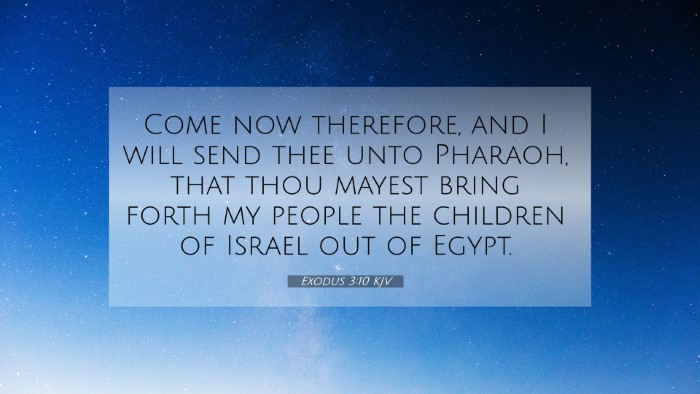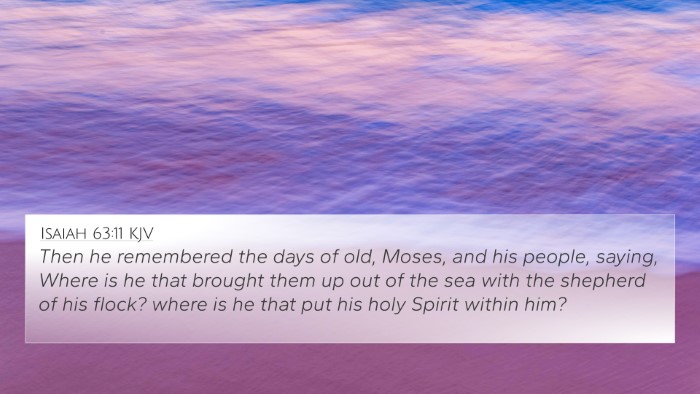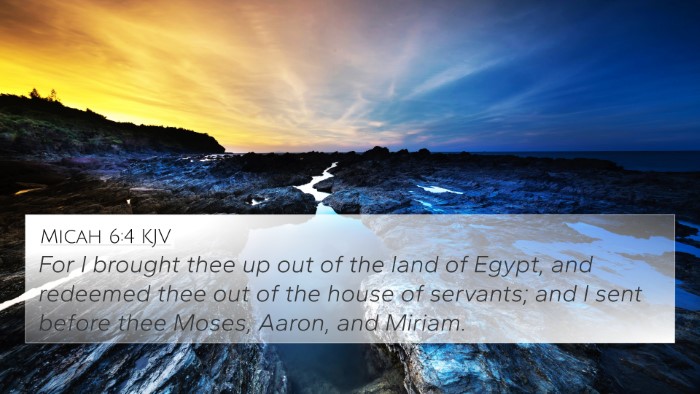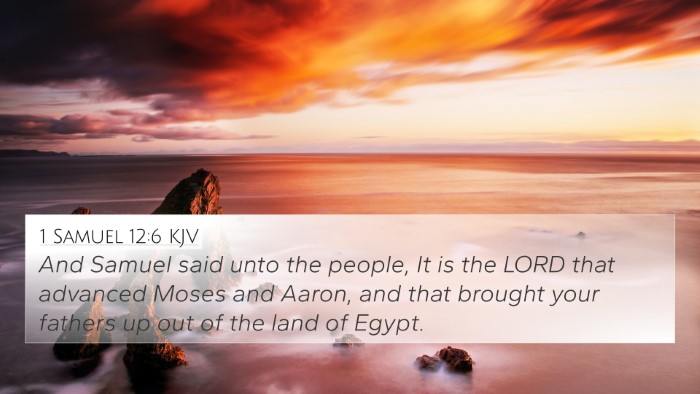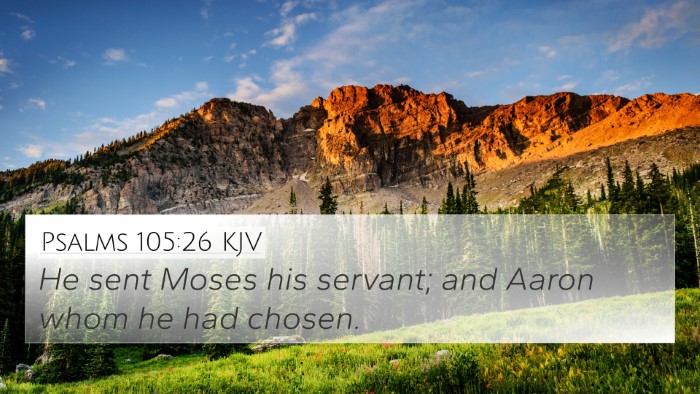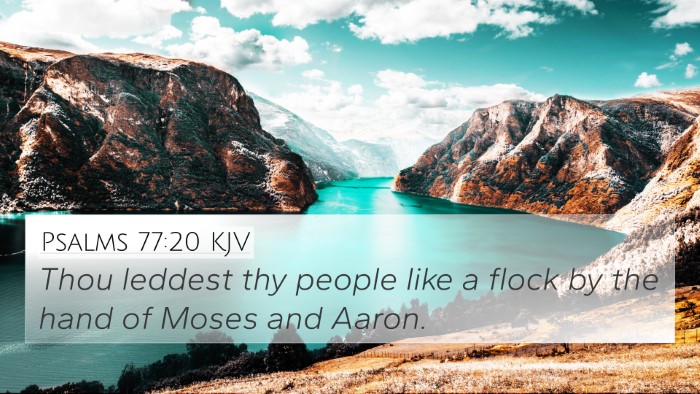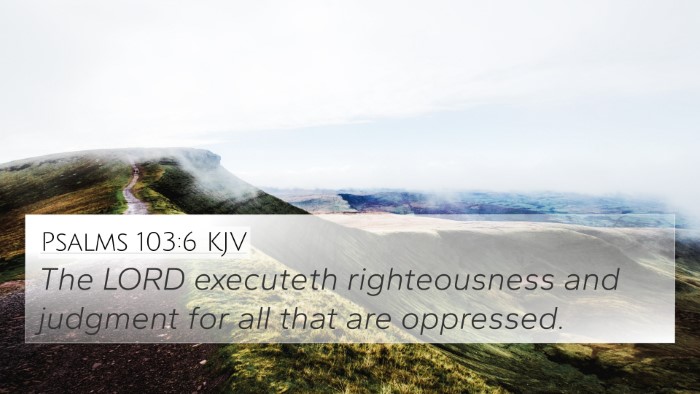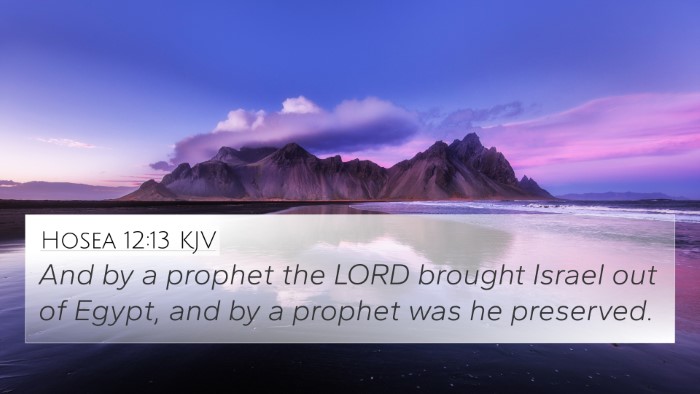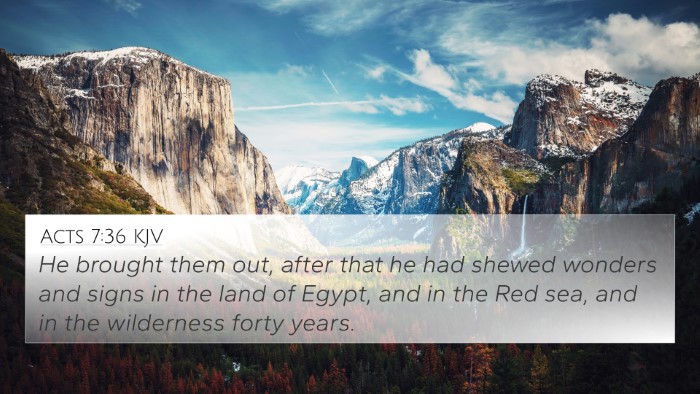Understanding Exodus 3:10
Exodus 3:10: "Come now, therefore, and I will send you to Pharaoh, that you may bring My people, the children of Israel, out of Egypt."
This pivotal verse captures the moment when God calls Moses to lead the Israelites out of bondage in Egypt. It signifies God's selection of a leader for His chosen people and the beginning of their journey towards liberation.
Commentary Insights
Insights from notable public domain commentaries shed light on various aspects of Exodus 3:10:
-
Matthew Henry:
Henry emphasizes God's initiative in the salvation of His people. The phrase "Come now" represents God's command, indicating urgency to Moses. This divine calling reflects God’s purposeful plan to redeem Israel and sets the stage for Moses' transformation from shepherd to liberator.
-
Albert Barnes:
Barnes interprets the 'sending' of Moses as not just a task, but a divine mission. He notes that Moses, initially reluctant, represents the struggles of humanity in accepting God’s call. The call to "bring My people" implies a deep separation from Egypt and spiritual restoration for Israel.
-
Adam Clarke:
Clarke highlights the significance of Moses' role and the profound responsibility placed upon him. He discusses the historical context of Israel's suffering and how God's choice of Moses serves as a demonstration of divine mercy and sovereign authority.
Bible Verse Cross-References
To gain a deeper understanding of Exodus 3:10, we can look at several cross-references that connect with this verse:
- Exodus 3:11-12: Moses expresses doubt about his ability, prompting God's reassurance.
- Acts 7:34: Stephen references God's hearing of Israel's cries, emphasizing God's concern for His people.
- Isaiah 43:10-12: God speaks of Israel’s uniqueness and His role in their salvation, linking back to Moses as an instrument of deliverance.
- Matthew 1:21: The New Testament echoes the theme of deliverance with the birth of Jesus, parallel to Moses' role in Exodus.
- Luke 4:18: Jesus reads from Isaiah in the synagogue, declaring His purpose to set the oppressed free, reflecting Moses' mission.
- Romans 9:15-17: Paul discusses God’s sovereignty in choosing leaders, connecting with the divine selection of Moses.
- Hebrews 11:24-26: Highlights Moses’ faith in leading his people, showcasing his significant role.
- Exodus 12:31-32: The culmination of Moses' mission, where Pharaoh sends the Israelites out of Egypt.
- Micah 6:4: God reminds Israel of His sending Moses as a leader, affirming divine guidance.
- 1 Peter 2:9: The concept of God’s chosen people can be tied back to Israel’s selection through Moses.
Thematic Connections in the Bible
Exodus 3:10 serves as a crucial link in the narrative of liberation and God’s covenant with His people. It presents several themes:
- Divine Call: The calling of leaders and prophets to fulfill God’s purposes is a prominent theme throughout scripture.
- Leadership and Responsibility: Moses' appointment establishes the weight of leadership in God’s plan, seen in later biblical figures.
- Deliverance and Salvation: An overarching narrative begins with Exodus that culminates in the New Testament with the salvation brought by Christ.
- Covenant Relationship: God’s promise to Israel and His active involvement with His people is encapsulated in this mission.
Utilizing Bible Cross-Referencing
For those studying scripture, effective tools for Bible cross-referencing can deepen understanding:
- Bible Concordance: A comprehensive index of terms allows for easier navigation of themes and connections.
- Bible Cross-reference Guide: This guide serves as a fundamental resource for identifying links between scriptures.
- Cross-reference Bible Study: Engaging in focused studies on connected verses promotes thematic understanding.
- Bible Chain References: Tracing themes through linked passages fosters a holistic view of biblical narratives.
- How to Find Cross-References: Various methods exist, including thematic studies and parallel passages in different books of the Bible.
Conclusion
Exodus 3:10 is a significant verse that illustrates God’s active role in liberating His people and choosing leaders to fulfill His promises. Through understanding this verse in conjunction with its cross-references, themes, and commentaries, one can appreciate the intricate connections within the biblical text and its relevance in the broader narrative of redemption.


